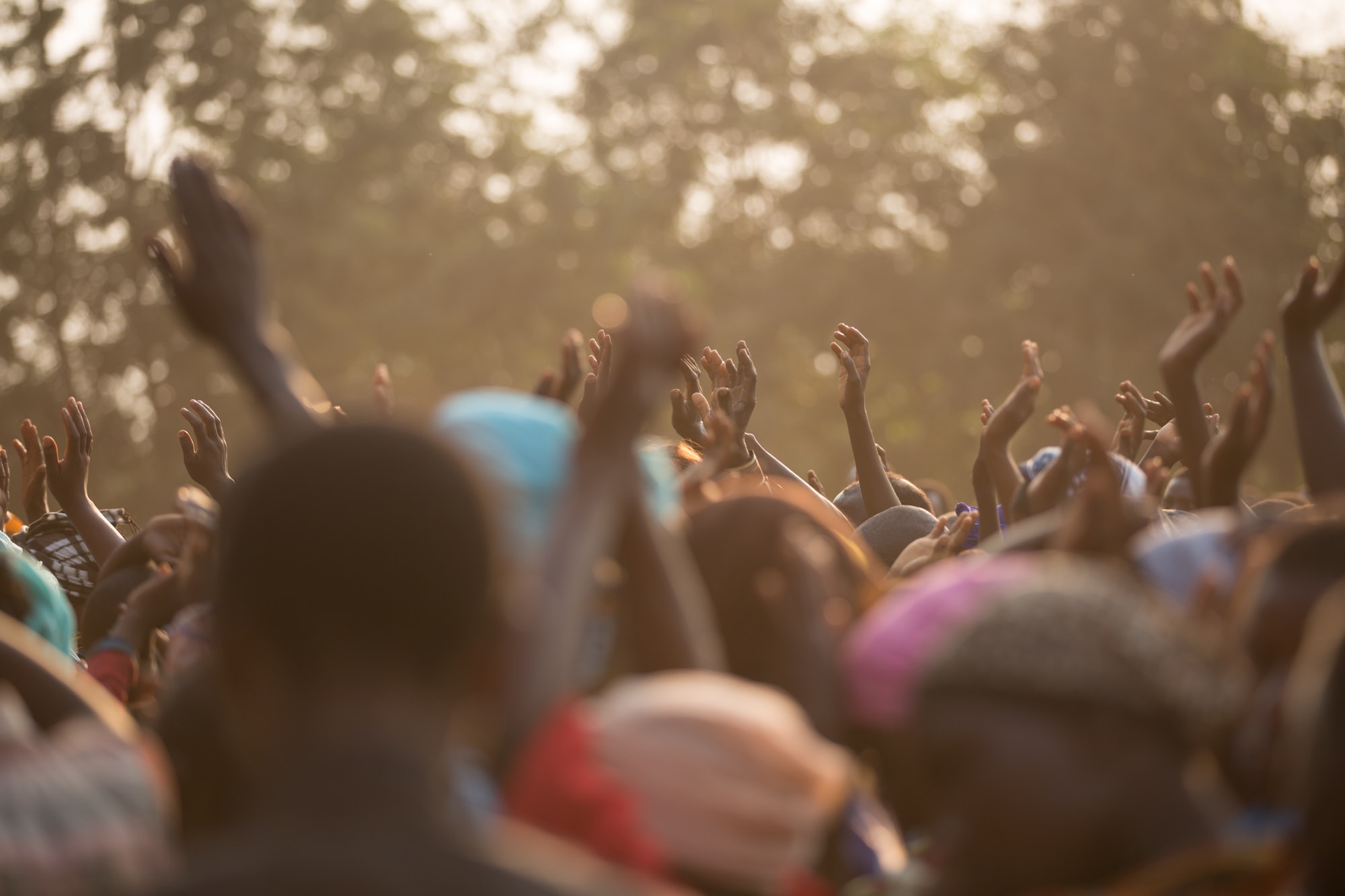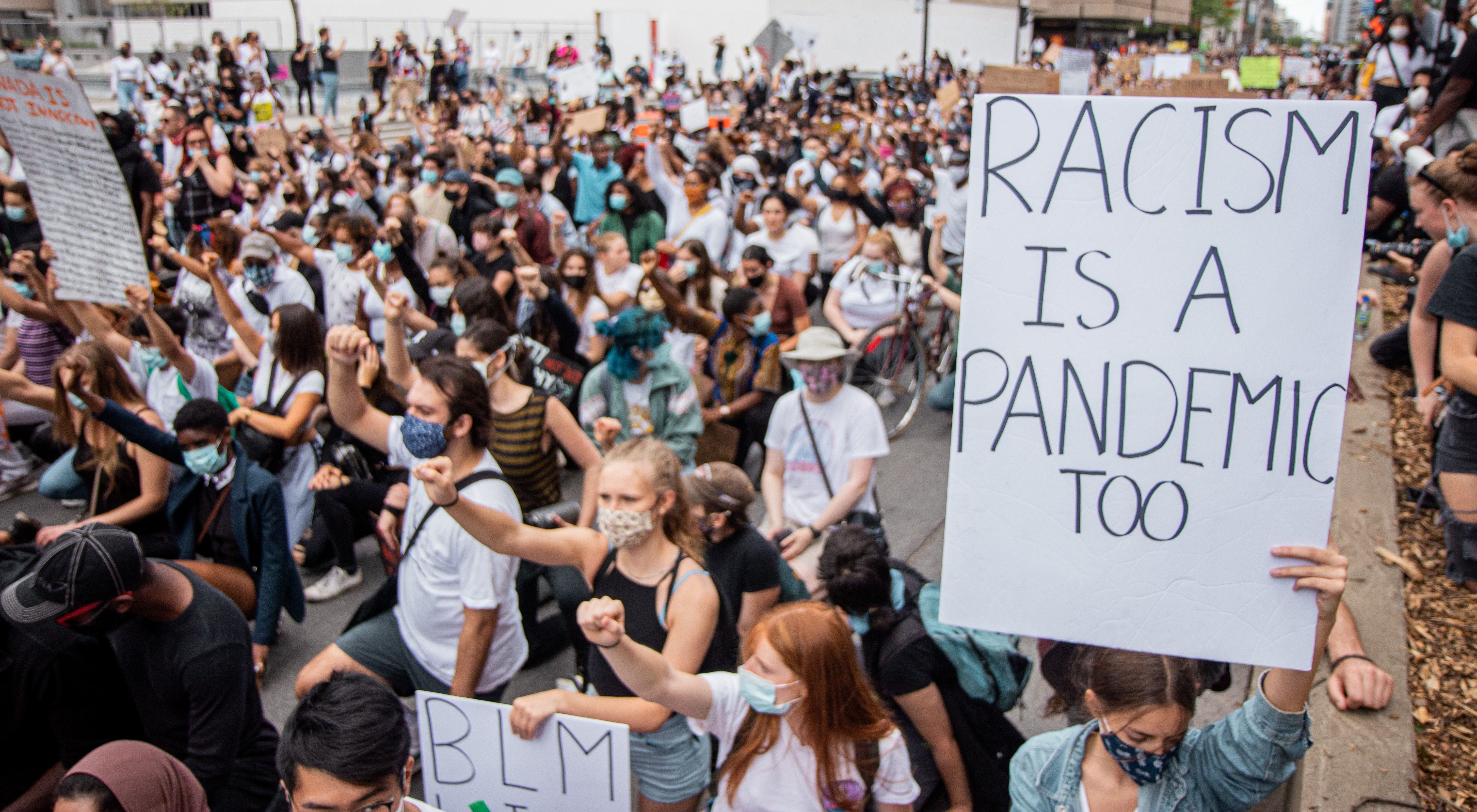
Imagine if social change initiatives were built from and within communities, rooted in accountability to those communities
Imagine if the non-profit ‘sector’ was flipped on its head — with the money and power in the hands of the people it’s meant to serve
Join an experiment to create a radical, practical new vision that’s urgently needed
“There are too many examples of charities and institutions being part of the problem… they have lost their connection with the people they are there to serve, become too focused on protecting reputations and income streams… holding power close, fighting their corner”
The Story of Our Times, Civil Society Futures inquiry

the sector today
There is widespread evidence of deep, persistent problems in the social change sector. There are some incredible exceptions, but generally we are are too often:
- disconnected from communities
- fragmented rather than joined up, less than the sum of our parts
- limited at adapting and being dynamic in the face of change, even when it is needed most
- struggling to address (or not addressing) issues around lack of equality, diversity and inclusivity

“Many civil society organisations have allowed themselves to become too focused on the model and the money, rather than the mission… barriers to collaboration, to working creatively, to thinking afresh… cannot cope with complexity or uncertainty, actively work against agility and responsiveness”
Social Power Report, Sheila McKechnie Foundation

the response so far
There are and have been various attempts to address issues around power, diversity, connection and accountability. While community leaders are doing inspiring work in difficult circumstances, at the sector level we’re only seeing rhetoric – some of it quite radical – about how it needs to reform.
But this has mainly been accompanied by only incremental shifts in practice. At the current pace of change, it could be many decades before there are major shifts – if these come at all.
Power in the sector still lies where it lies: with a small number of funders, large charities, and the people who lead them.
More sensitive ways of operating can make things a little better, but they don’t fundamentally alter who’s in control so transformational change can never happen.
“Despite massive resources (still) being locked up in the traditional NGO model, most of the interesting / impactful campaigning and activism is being pushed forward by a new wave of actors”
Youth led change in the UK – Understanding the Landscape and the Opportunities, Natasha Adams & Jim Coe

a radical new vision
If the starting point is how things already are, and how to improve from there, it’s hard to make radical changes. We are proposing a different approach, which we hope will complement what others are already doing (and we’d love to work with you).
We want to explore and scope out what a totally different reality could be – not being tethered to how things already are or used to be, but instead with all options on the table.
What would it look like if…
…social change initiatives were built from and within communities, rooted in accountability to those communities?
…they were equipped to decide their own strategic priorities and deliver change?
…they were effective locally but also able to link up to address issues nationally and internationally?
We want to put some practical alternative models on the table – and uncover some real examples of what is already happening today to help bring it to life.
“Unless we take serious and urgent action to tackle racism, social justice will not and cannot prevail. This will take investment and commitment and means leaders prioritising taking action and accountability, in order to bring about systemic change”
#CharitySoWhite

crisis calls for change
Recent crises have shaken up business as usual, and will continue to do so, in ways that could create space for more radical reimagining of the social change sector.
The coronavirus pandemic has had enormous impacts on us locally, regionally, nationally and internationally across almost every area of our lives.
Black Lives Matter is an uncomfortable reminder of how far we still need to go in our society – and within civil society – to address racism and racial inequality.
Our society will not be the same and civil society cannot be the same. More than ever, we need power and accountability to be in the hands of those that we are here to serve, we need to be agile and able to adapt quickly.
There is an opportunity we must seize to address the cultural, structural problems in civil society so that we are relevant and ready for the months and years ahead.
